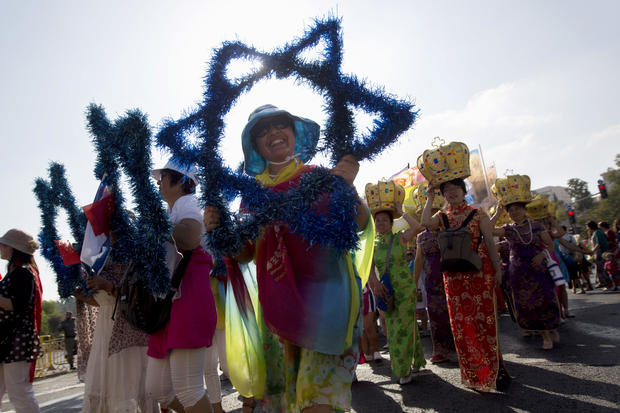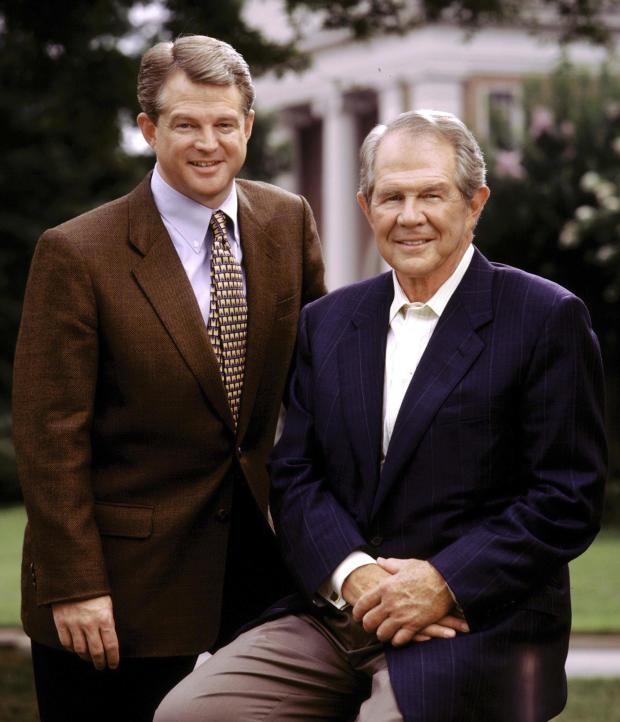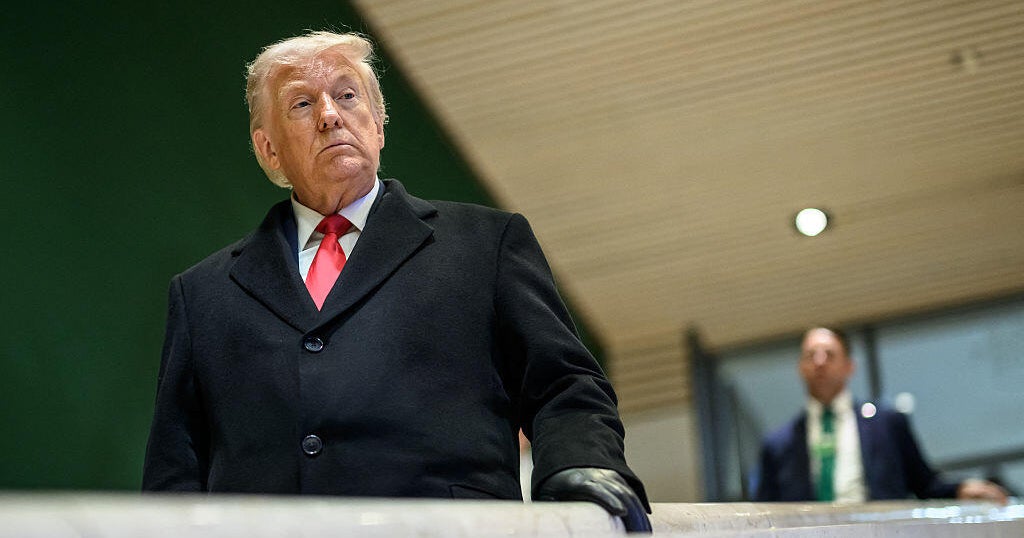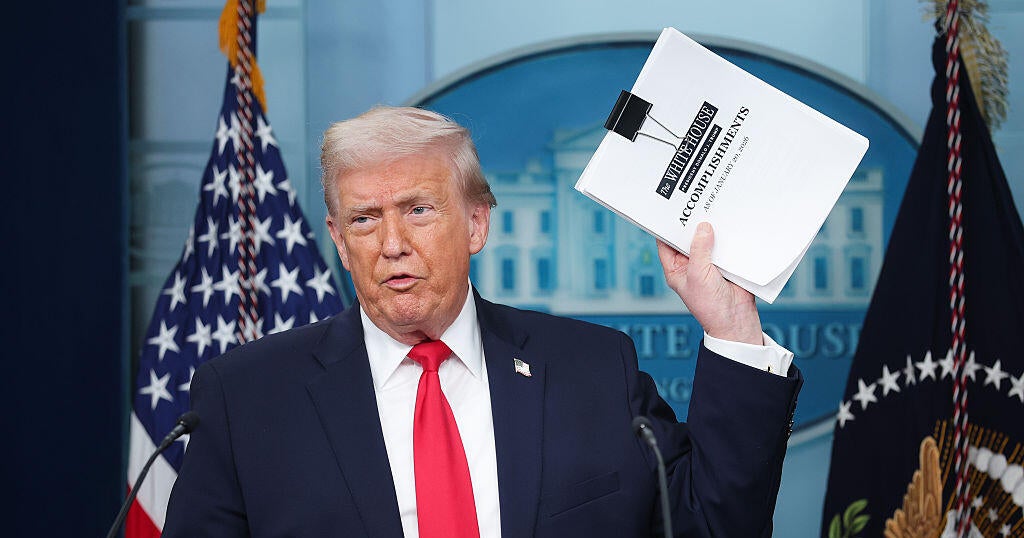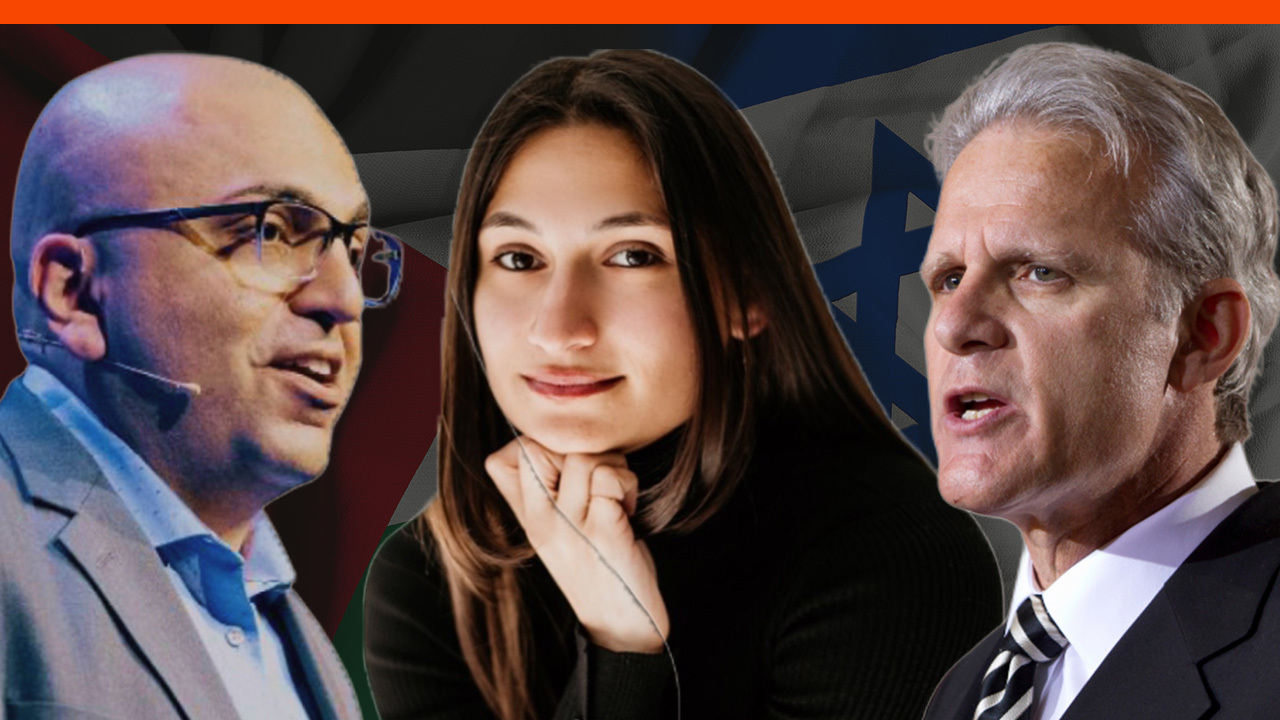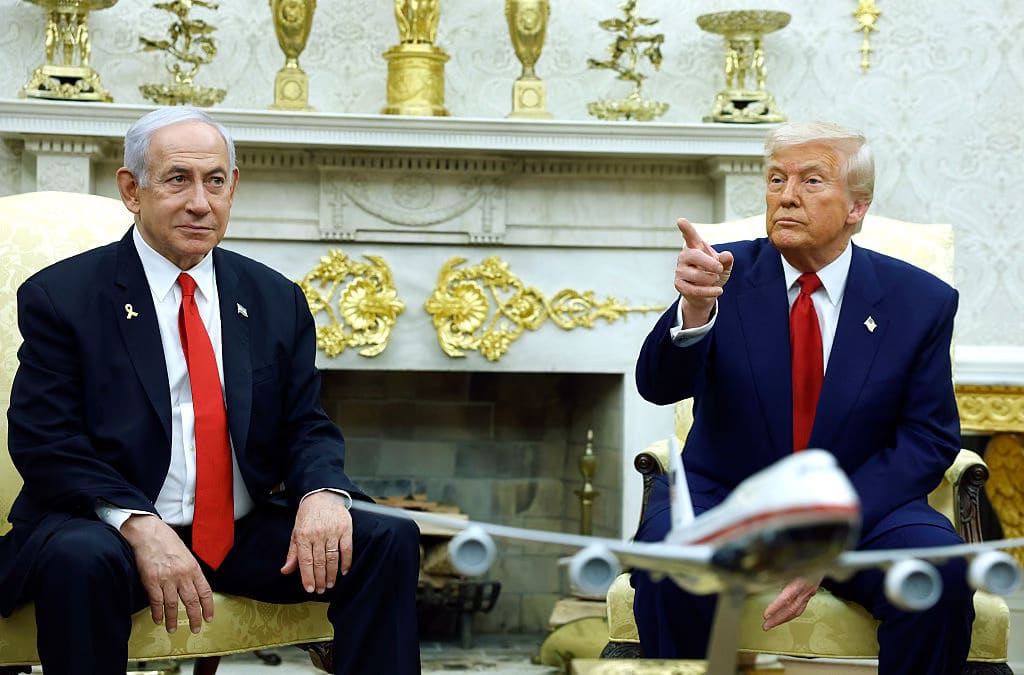U.S. Christian press finds friends in Israel
JERUSALEM -- Israel's nationalist government may be unpopular with Western liberals and much of its domestic press corps, but it has found a close friend among the world's evangelical Christians and their media outlets.
The government this week is hosting a first-of-its-kind summit for Christian journalists, featuring softball questions, mutual admiration and a welcome respite for embattled Prime Minister Benjamin Netanyahu. His outreach to evangelical leaders reflects striking tactical parallels to his close ally and fellow media basher, President Donald Trump.
About 130 journalists from some 30 countries are participating in the four-day summit, which ends Wednesday. The world's largest broadcasters, including the Christian Broadcasting Network, Daystar, Trinity Broadcasting Network and God TV, are all represented.
Nitzan Chen, the director of Israel's Government Press Office, said he believed the summit was long overdue, and that planners chose the 50th anniversary celebrations of Israel's capture of east Jerusalem as a fitting occasion for the conference.
For many years, Israel has held a summit for Jewish media outlets, cultivating those journalists as unofficial "ambassadors" to help promote Israel's image abroad, he said. "Using the same logic," it decided to reach out to Christian media, in what could become a regular event.
The summit's agenda includes meetings with top Israeli politicians, most from the nationalist side. Palestinian speakers barely appear on the agenda.
Sessions include discussions on archaeology and Jewish-Christian relations, but also "radical Islam" and alleged media bias, legal "warfare" and Palestinian "incitement" against Israel. While Israel's West Bank settlements are largely vilified in the West, participants are offered a chance to visit one.
The media summit extends what has become a warm relationship between Israel and its evangelical supporters.
Local charities raise millions of dollars from Christian friends around the world, and evangelical Christians make up a sizeable segment of the tourism industry. Last week, thousands of Christians gathered in Jerusalem for an annual celebration and parade coinciding with the Jewish holiday of Sukkot.
According to Israel's Tourism Ministry, evangelical Christians account for roughly one-fifth of all Christian tourists visiting the country. Among American Christian visitors, the number of evangelicals is much higher, at nearly 40 percent.
"The evangelical market is one of our main target audiences," said Eyal Carlin, director of the ministry's Americas department. He said the ministry advertises in Christian media, sponsors trips for influential community leaders and works with Christian tour operators to offer visits with "faith-based or biblical themes."
Gordon Robertson, chief executive of the Christian Broadcasting Network and a summit participant, said evangelical support for Israel was deep and heartfelt.
He described Israel's modern-day history, from its founding in 1948 to its capture of east Jerusalem in 1967 to scenes last week of children laughing and playing in his Jerusalem hotel, as fulfilling biblical prophecy - the bedrock idea seemingly driving the Evangelicals' support.
He also talked of his strong personal affinity for Israel and the Jewish faith, noting that he enjoys studying the Hebrew Bible. "I like to joke, the longer I'm a Christian the more Jewish I become," he said.
CBN, known best for its "700 Club" show and which claims a worldwide audience of 360 million people, delivered its first satellite broadcast from Jerusalem's Mount of Olives in 1976. Today, its Jerusalem operation is "one of our most productive bureaus in the world," he said.
While Robertson, the son of famed televangelist Pat Robertson, said he did not consider himself to be a direct partner of the Israeli government, he said, "I think we can be a partner with the Israeli people."
"Israel is obviously in a very difficult position with the Palestinians, with the Arab world, and there needs to be a voice that's independent from Israel, saying, 'wait a minute, Israel is actually doing the right thing.'" He said.
That strong support for Israel was evident at Netanyahu's meeting with the visiting journalists.
Netanyahu, who routinely spars with local media and has accused them of reporting "fake news" in their coverage of a series of corruption scandals, received a warm welcome.
"Good to see you, my friend," said one journalist before asking a question. "There's no fake news here."
Netanyahu's embrace of the Christian media echoes the strategy employed by Trump.
White evangelicals were a core constituency that propelled Trump to victory in last year's election. And even after the tumultuous start to his presidency, they remain staunch supporters. Trump, along with members of his administration and his family, have appeared regularly on CBN.
Robertson said that Christian voters were drawn to Trump in part because of his strong support for Israel. "It's absolutely an issue. It will absolutely determine a vote," he said.
Ahmad Majdalani, an aide to Palestinian President Mahmoud Abbas, said evangelical support for Israel is well-known but difficult to understand. He said that both Palestinian Christians and Muslims are harmed by Israeli policies.
"I think those evangelical people are deluded by the Israeli propaganda," he said. "I recommend they go to Bethlehem and see the large swatch of Christian land that was confiscated and turned into Jewish settlements."
Robertson echoed the Israeli claim that the Palestinians have rejected repeated peace offers and refused to recognize Israel's right to exist as a Jewish state.
He also rejected a common "accusation" in Israel that evangelical Christians are here to convert Jews or prepare for the End of Days.
"We really truly stand with Israel, and we really truly want to be dear friends," he said.
Not everyone agrees. Jeremy Ben Ami, president of J Street, a liberal pro-Israel group in Washington that is often critical of the Israeli government, said the evangelicals do not necessarily have Israel's best interests in mind.
"Israel should be wary of embracing extreme Christian Zionist groups that may be more concerned with their own theological agendas than with Israel's long-term survival as a secure, democratic homeland for the Jewish people," he said.
